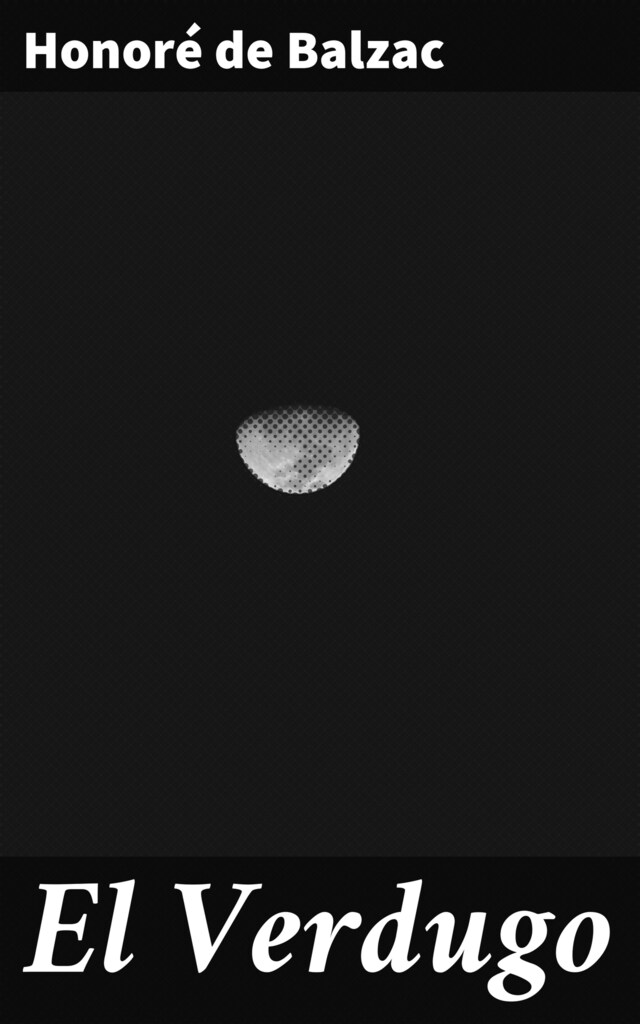
El Verdugo
A Tale of Justice, Morality, and Conscience in 19th Century Spain
Description of book
In 'El Verdugo,' Honor√© de Balzac explores the intricate dynamics of power, justice, and morality amid the societal upheavals of 19th-century France. Through a rich, realist narrative style characterized by detailed characterizations and intricate plot structures, Balzac delves into the psychological complexity of his protagonists. The novella reflects the author'Äôs dissection of societal hierarchies and moral dilemmas, encapsulating the existential struggles of its time while revealing the human condition's darker facets, particularly during periods of political turmoil. Honor√© de Balzac, a towering figure in French literature and founder of the literary movement known as Realism, faced the tumultuous backdrop of post-revolutionary France that shaped his worldview and writings. His extensive body of work, often referred to as 'La Com√©die Humaine,' reflects a lifelong fascination with social structures and the interplay between fate and personal agency. This novella, 'El Verdugo,' encapsulates Balzac'Äôs moral inquiries and critical observations of justice, making it a poignant reflection of an era plagued by corruption and ethical ambiguity. Readers intrigued by psychological depth and social critique will find 'El Verdugo' to be a compelling read, offering insight into the complexities of justice in the human experience. Balzac'Äôs nuanced exploration of themes such as revenge and penance invites reflection on the nature of moral choices, ensuring that this work resonates with contemporary discussions of ethics and society.
 Honoré de Balzac
Honoré de Balzac 15 Pages
15 Pages